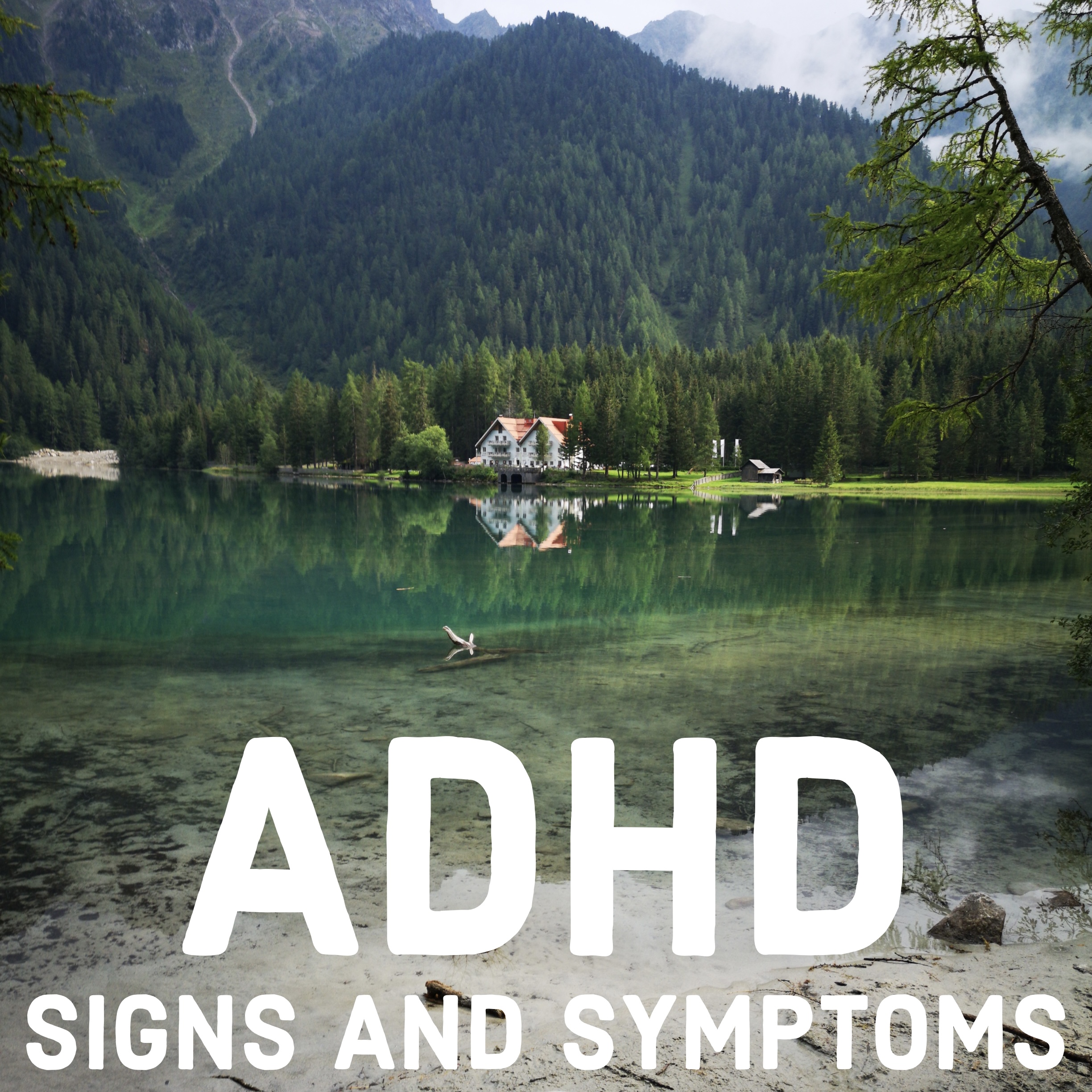ADHD in Adolescents
Attention-deficit hyperactivity disorder (ADHD) in adolescents is characterized by a pattern of inattention, hyperactivity, and/or impulsivity. These symptoms can interfere with a teen’s ability to thrive in school, after school activities, or within peer groups. However, with proper treatment many symptoms of ADHD can be managed.
SYMPTOMS
People with symptoms of inattention may experience:
- Distractibility
- Becoming bored with tasks easily
- Difficulty maintaining attention or focus
- Trouble completing tasks
- Losing things often
- Disorganization
- Struggling to follow directions
People with symptoms of hyperactivity-impulsivity may experience:
- Fidgeting or having trouble sitting still
- Acting without thinking of consequences
- Non-stop talking
- Interrupting others
- Impatience
Treatment
Although there is currently no cure for ADHD, treatment can help provide a relief from symptoms for adolescents with ADHD. Treatment plans vary but commonly include:
- Psychotherapy
- Different forms of psychotherapy, commonly known as talk therapy, are used to help treat ADHD. A mental help professional can provide guidance and help one stay organized, focused, and productive.
- Medication
- Stimulants are commonly used to treat ADHD in teenagers. Stimulants increase dopamine and norepinephrine in the brain, which play an essential role in thinking and attention.
- Various non-stimulant medications may also be used in the treatment of ADHD. These medications are typically less habit forming and less likely to be abused than stimulants.
How to Help as a Parent or Guardian
Although we suggest seeking professional help, in addition there are ways you can help your teen with ADHD as a parent or guardian. You can support your teen by:
- Talking openly and with support
- Setting a daily schedule
- Building up their self-esteem by affirming positive behavior
- Creating a reminder system
- Working with their teachers to help create a support network at school
- Making sure they get enough sleep
- Helping them stay organized
- Setting a good example
Finding TREATMENT AND RESOURCES
- To learn more about ADHD in adolescents, we recommend contacting your child’s health care provider.
- To read more about ADHD, the following resources are suggested:
Return to home page: https://nwmind-bodywellness.com/
Read more articles: https://nwmind-bodywellness.com/articles/






